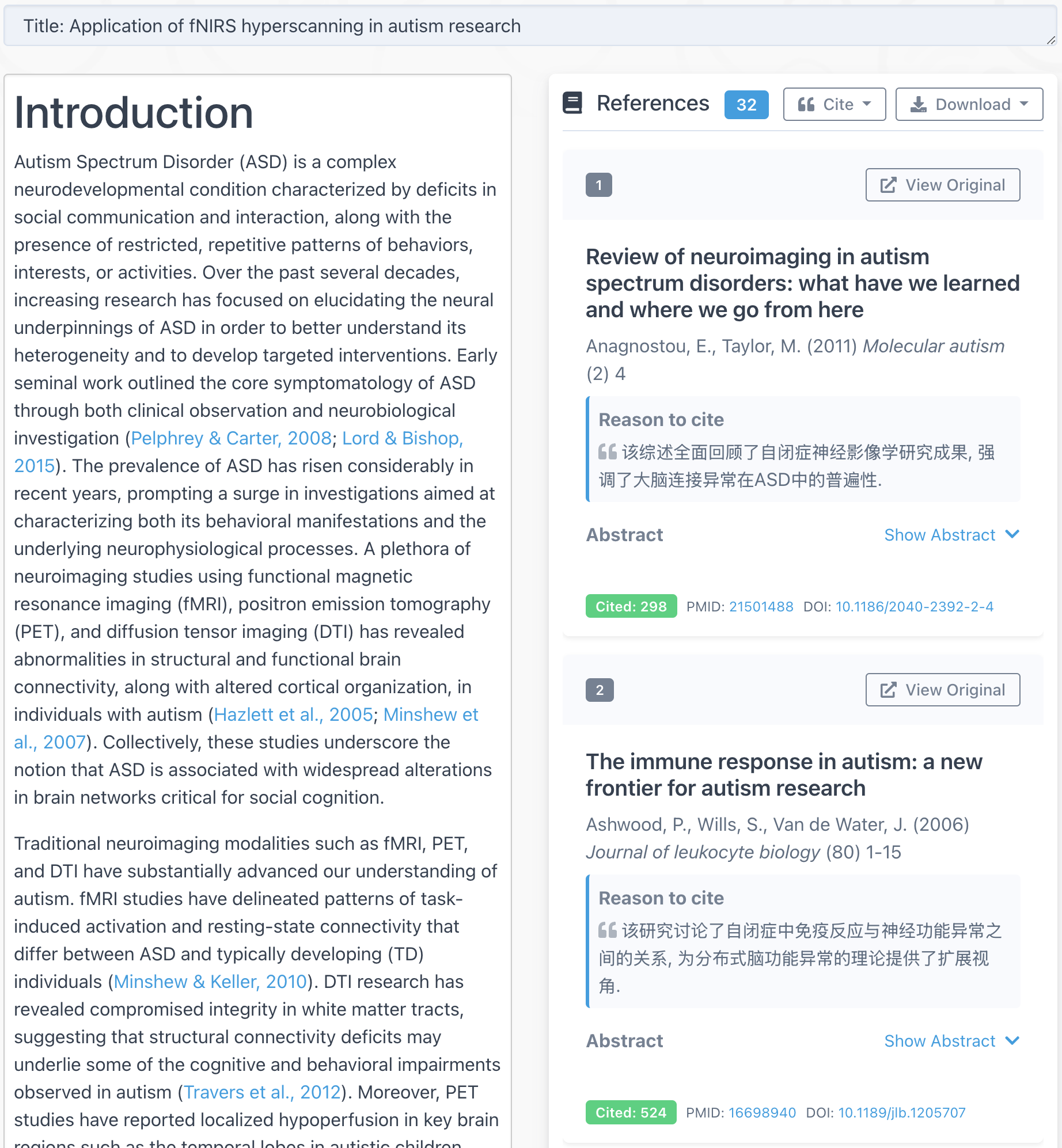自然刺激的fNIRS数据如何分析?文化环境如何影响我们的大脑对自然刺激的处理?来自北京师范大学卢春明实验室的周思远将为大家分享他们马上要在Cerebral Cortex发表的文章。 热烈欢迎大家参与讨论。

时间: 北京时间2022年3月26日上午10:00
地点: https://zoom.com
房间号: 870 5859 1021
密码: 368062
周思远要讲解的文章如下:
Biasing the neurocognitive processing of videos with the presence of a real cultural other
In the digital age, while short videos present vital events with powerful information, the presence of cultural cues may bias our processing of videos of foreign cultures. However, the underlying neurocognitive processes remain unclear. In this study, we hypothesized that cultural cues might bias video processing by either enhancing cultural perspective taking or shifting cultural self-schema. To test these hypotheses, we used a novel paradigm in which the cultural cue was a real cultural other (the priming participants) who watched American/Chinese videos together with the primed participants. The results showed that when the cue was present, the right temporoparietal junction (rTPJ) response to videos with other cultural content was shifted, showing a priming effect. Moreover, the activity pattern in the rTPJ was more congruent with the primed culture than the original culture, reflecting a neural biasing effect. Finally, intersubject representational similarity analysis indicated that the neural biasing effect in the rTPJ was more closely associated with cultural perspective taking than with cultural self-schema. In summary, these findings support the perspective taking hypothesis, suggesting that cultural cues can significantly bias our cultural mindset by altering cultural perspective taking when we are exposed to culture-relevant naturalistic stimuli.


